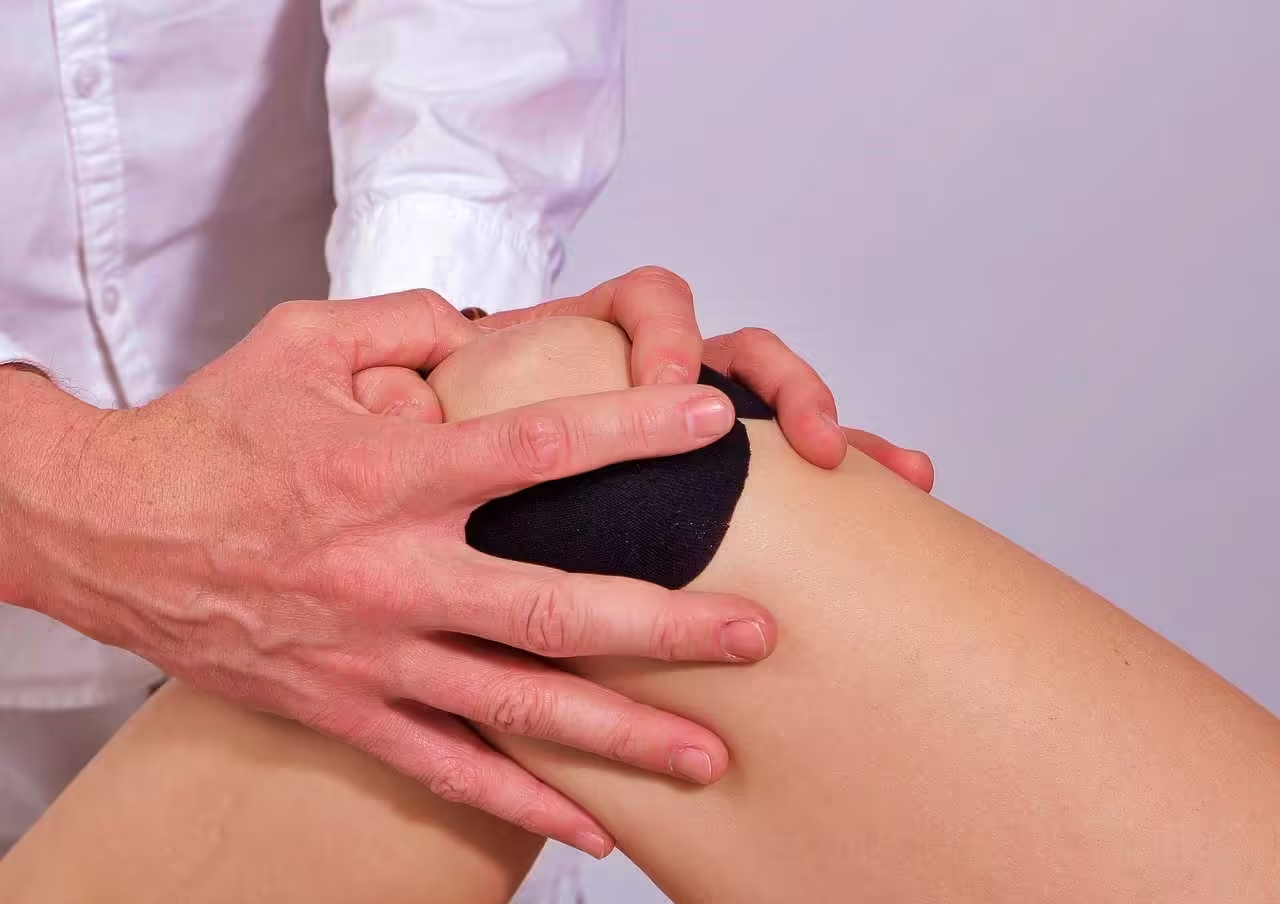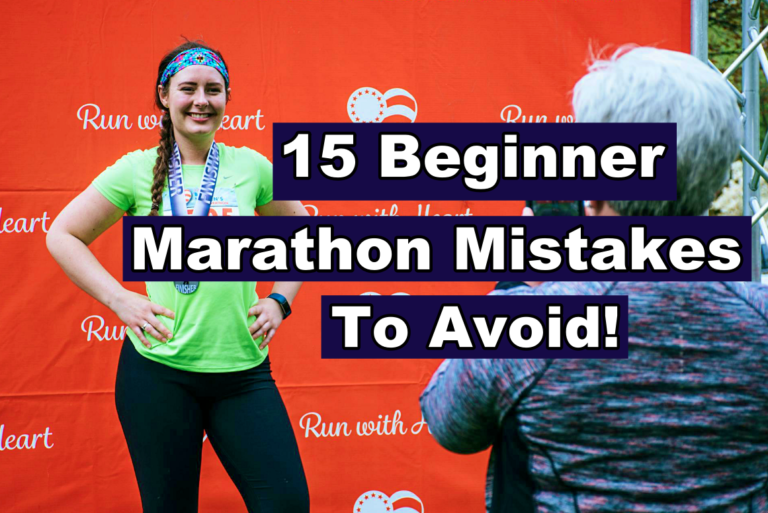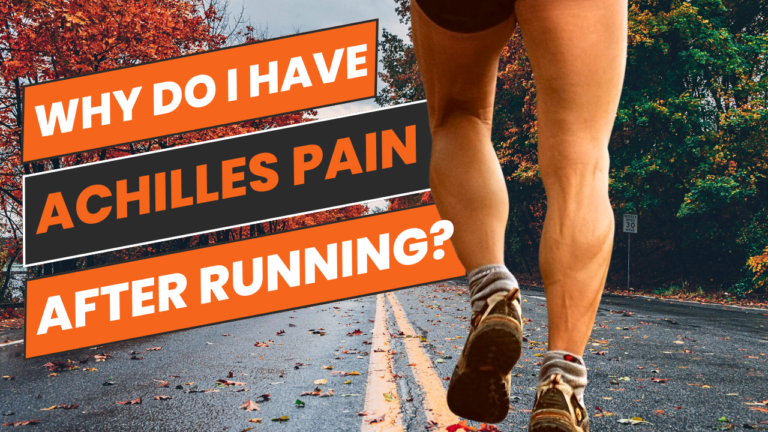There are many reasons why you might experience knee pain after running. In some cases, the knee pain after running may be due to an injury. However, other causes can contribute to this type of pain. This article will discuss some of the most common reasons for knee pain after running. You will also learn about some of the best ways to treat this condition.
Table of Contents
Why does my knee hurt after I run
There are a few reasons why your knee might hurt after you run. One possibility is that you might have injured your knee. If this is the case, you will likely need medical attention to treat the injury properly.
Another possible reason for your knee pain could be due to overuse. For example, when you run, your knees take a lot of abuse, and if you are not used to running or running too much, this can lead to pain.
In some cases, the pain might be caused by something as simple as tight muscles. For example, if your calves or hamstrings are tight, this can put a lot of strain on your knees, leading to pain.
Finally, it is also possible that you might be suffering from a runner’s knee. This condition affects the knee joint and can cause pain, inflammation, and stiffness.
What is a Runner’s Knee?
Runner’s knee is a condition that influences the knee joint. It can cause pain, inflammation, and stiffness. A few different things can cause a runner’s knee, such as overuse, improper form, or tight muscles. If you are experiencing any of these symptoms, it is vital to see a doctor to get a proper diagnosis. Treatment for the runner’s knee will vary depending on the cause but might include ice packs, rest, and physical therapy.
How does a runner’s knee feel?
A runner’s knee can feel a lot of different ways. It might feel like a sharp pain in the kneecap for some people. Others may feel a dull ache in the knee or around the kneecap. Some people might experience swelling or stiffness in the knee. And for a few unlucky runners, the runner’s knee can cause a burning sensation in the knee.
A runner’s knee can be quite a nuisance, no matter how it feels. The good news is that there are many ways to treat it. First, you can try over-the-counter medications like ibuprofen or naproxen. You can also try ice packs or heating pads to see if that helps. If those don’t work, you can see a physical therapist or orthopedist for more help.
Anything that you do, don’t attempt to endure it. Runner’s knee can worsen if you don’t treat it properly, so take care of yourself. And remember: the sooner you treat the runner’s knee, the sooner you’ll be back to your old self.
Is it OK to run with a Runner’s Knee?
There is no one-size-fits-all answer to this question, as the best way to treat a runner’s knee will vary depending on the individual’s situation. However, in most cases, it is safe to continue running with a runner’s knee as long as you take certain precautions and adjust your running routine accordingly. For example, try avoiding downhill running and make sure to warm up and cool down properly. However, if the runner’s knee continues to cause problems, you may need to break from running until the condition improves.
Is it normal for knees to hurt after running?
This is a common question, as many people experience knee pain after running. While there can be many causes of such pain, it is typically nothing to worry about and will usually go away after a short period. However, if the pain persists or worsens, it is crucial to seek medical attention to rule out any potential underlying issues. Again, however, knee pain after running is usually just a temporary annoyance and not something to worry about.
Is the runner’s knee serious?
Runner’s knee is a condition that can be very serious. It is caused by the overuse of the knee and can lead to long-term damage if not treated properly. If you are experiencing pain in your knee, see a doctor right away to get started on the proper treatment.
How do you stop your knees from hurting after running?
If you’re experiencing pain in your knees after running, you can do a few things to help ease the discomfort.
Stretch After Running
Stretching after a run is one of the best things you can do to prevent knee pain. When you stretch, you’re lengthening the muscles and tendons around your knee, which helps them stay flexible and healthy.

Ice Your Knees
If your knees are feeling particularly sore after a run, ice them. Icing can help reduce inflammation and pain. Wrap an ice pack in a towel and apply it to your knees for 15-20 minutes.
Take a Break From Running
If you’re experiencing knee pain every time you run, it might be time to take a break from running. Try cross-training instead, like swimming or biking. This will help keep your muscles and joints healthy while you’re healing.
How do runners protect their knees?
There are a few things that runners can do to protect their knees.
1: Wear a brace or support. This will help to keep your knee stable and in the correct position.
2: Strengthen your muscles. This will help support your knee and make it less likely to be injured.
3: Ice it after you run. This will help to reduce inflammation and swelling.
4: Stretch regularly. This will help to keep your muscles and ligaments flexible.
5: Wear the right shoes. Make sure that your shoes have good support and cushioning.
6: Take it easy when you first start running. Build up your mileage gradually to give your body time to adjust.
7: Hydrate before, during and after your run. This will help to keep your muscles and joints healthy.
8: Avoid running on hard surfaces. Try to run on softer surfaces whenever possible.
9: Don’t overdo it. If you’re feeling pain or discomfort in your knees, take a break from running until the pain goes away.
Will the runner’s knee go away on its own?
There is no one-size-fits-all answer to this question, as the treatment for the runner’s knee will vary depending on the underlying cause of the condition. However, in many cases, a runner’s knee will improve over time with rest and self-care measures, such as icing and exercises to strengthen the muscles around the knee. If the condition does not improve with self-care, your doctor may recommend additional treatments, such as medication or surgery.
Conclusion
In conclusion, knee pain after running can be a very frustrating experience. It can keep you from doing the things you love and make everyday tasks more difficult. However, there are ways to manage and treat knee pain after running. By following the advice in this article, you can reduce your chances of experiencing knee pain after running and get back to doing the things you love.
Please check out my post for other types of running injuries such as Stress Fracture and Treatment For Runners and Shin Splints. Thanks for reading!





[…] In conclusion, I would like to say that if you are experiencing any of the symptoms related to a pulled hamstring, it is essential to seek medical attention right away. While some cases may be able to heal without surgery or other treatments, there is always the risk of further damage and a longer healing process if the injury is not treated correctly. I hope my experience can serve as an example for others who may find themselves in a similar situation. To find out about another common running injury, please visit my posts such as Stress Fracture and Treatment and Knee Pain After Running. […]
[…] Beginners often ignore early warning signs, hoping they’ll go away. Whether it’s a niggling knee pain or a persistent ache, address it early. Rest, ice, or consult a physiotherapist. Remember, it’s […]